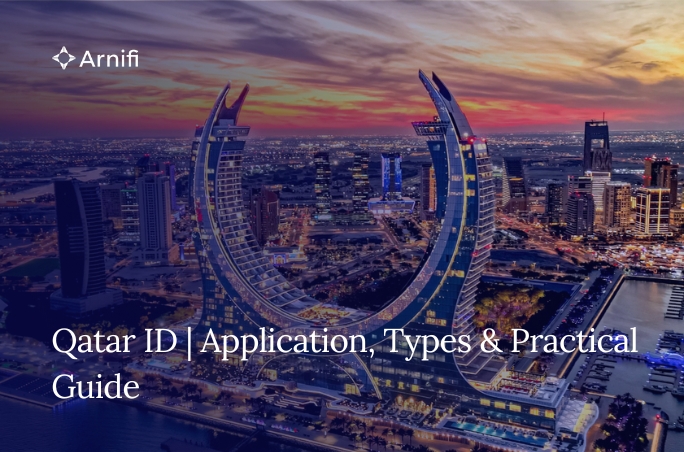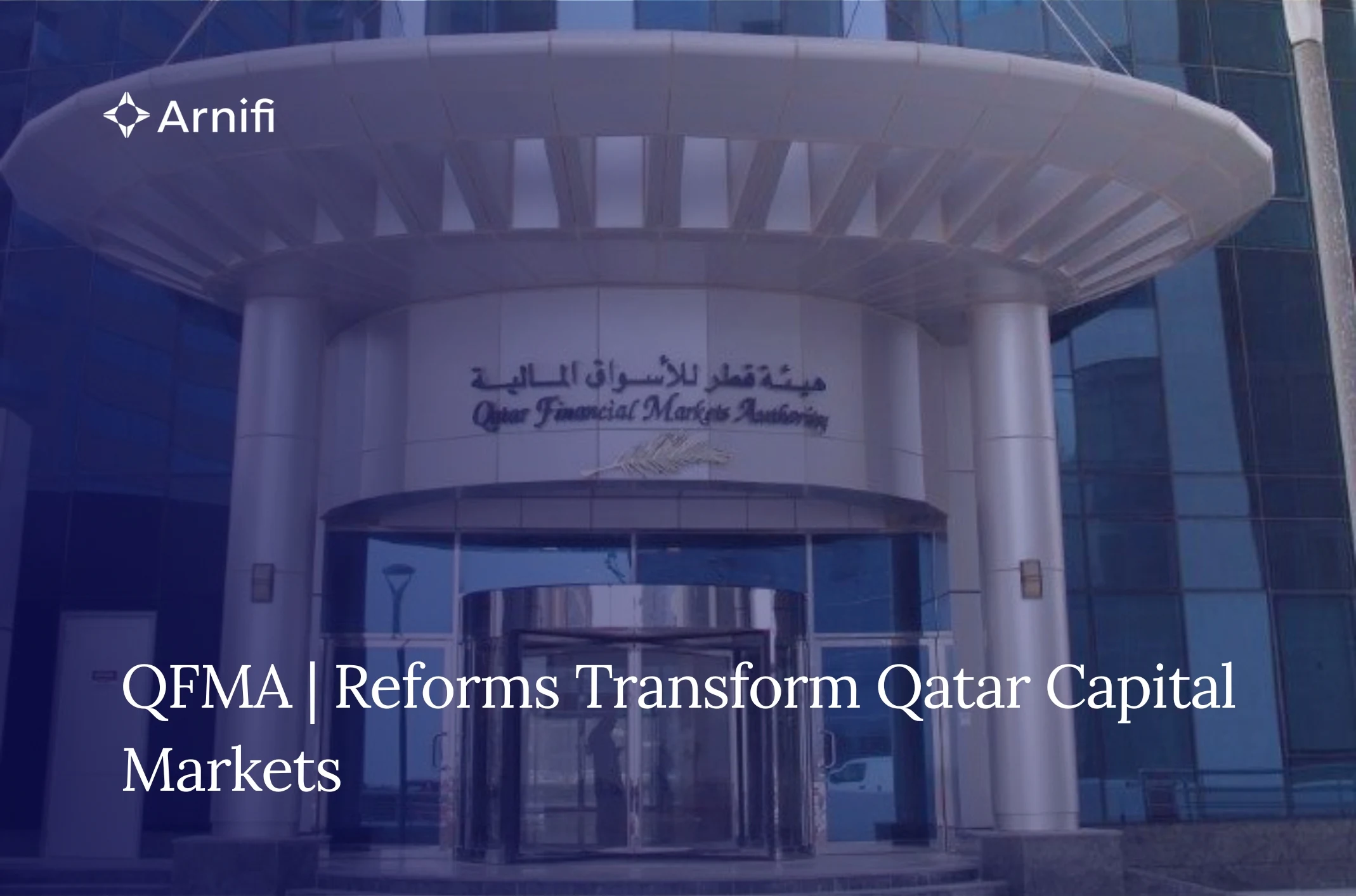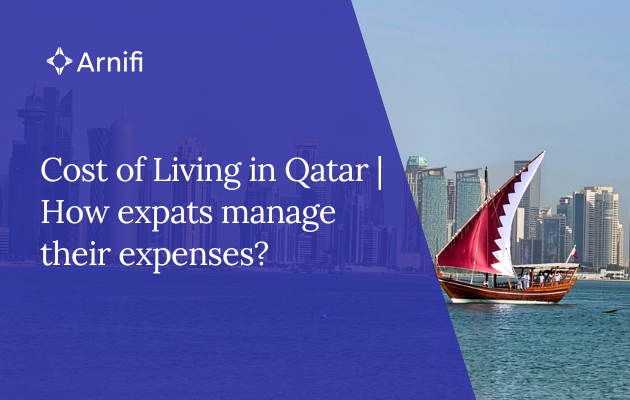MOCI’s Initiatives to Attract Foreign Direct Investment (FDI) in Qatar.
by Shethana Jun 18, 2024  11 MIN READ
11 MIN READ

The Ministry of Commerce and Industry (MOCI) in Qatar plays a crucial role in fostering foreign direct investment (FDI) and promoting economic growth in the country. As the primary government body responsible for trade and investment, MOCI’s mandate includes creating a conducive business environment and attracting investments from both domestic and foreign sources.
MOCI works closely with other government agencies, industry stakeholders, and international partners to develop policies and initiatives that facilitate FDI inflows. The ministry’s efforts are aimed at diversifying Qatar’s economy, creating job opportunities, and driving sustainable economic growth through investments in various sectors. MOCI’s initiatives and policy reforms have been instrumental in attracting foreign investors and positioning Qatar as an attractive investment destination in the region.
Mission and Objectives of MOCI
The Ministry of Commerce and Industry (MOCI) in Qatar has a clear mission and set of objectives to drive economic growth and attract foreign investment. The ministry’s mission is to create a favorable business environment, promote fair trade practices, and facilitate investments that contribute to the sustainable development of Qatar’s economy.
To achieve its mission, MOCI has outlined the following objectives:
- Attracting foreign investment: MOCI aims to attract foreign direct investment (FDI) by implementing policies, initiatives, and reforms that enhance the ease of doing business in Qatar. The ministry collaborates with international partners and industry stakeholders to promote Qatar as a preferred investment destination.
- Facilitating trade and exports: MOCI focuses on facilitating international trade and increasing Qatar’s exports through various initiatives, trade agreements, and market access programs. The ministry works towards removing trade barriers, streamlining customs processes, and improving logistics infrastructure to boost Qatar’s competitiveness in global markets.
- Supporting local businesses: MOCI supports the growth and development of local businesses by providing them with the necessary resources, advisory services, and access to markets. The ministry encourages entrepreneurship, innovation, and competitiveness among Qatari businesses.
By pursuing these objectives, MOCI aims to drive economic growth, enhance Qatar’s global competitiveness, and create a business-friendly environment that attracts foreign investment.
Strategic Initiatives to Attract FDI
The Ministry of Commerce and Industry (MOCI) in Qatar has implemented a range of strategic initiatives to attract foreign direct investment (FDI) and promote economic growth in the country. These initiatives aim to create a favorable business environment, facilitate investment inflows, and enhance Qatar’s global competitiveness.
Some of the key strategic initiatives undertaken by MOCI include:
- Investment promotion campaigns: MOCI conducts targeted investment promotion campaigns to showcase Qatar’s investment potential and attract foreign investors. These campaigns highlight the country’s strategic location, robust infrastructure, skilled workforce, and investment opportunities in various sectors.
- Investment roadshows and forums: MOCI organizes investment roadshows and forums to connect foreign investors with local businesses, industry experts, and government officials. These platforms facilitate networking, knowledge sharing, and collaboration, enabling investors to explore investment opportunities and gain insights into Qatar’s business environment.
- Partnership with international investment agencies: MOCI collaborates with international investment agencies and organizations to leverage their expertise, networks, and resources in attracting FDI. These partnerships help promote Qatar’s investment climate, facilitate cross-border investments, and provide investors with reliable information and support.
- Market research and intelligence: MOCI conducts market research and intelligence activities to identify emerging investment trends, assess market potential, and align investment promotion efforts with global market demands. This information helps MOCI target specific sectors and regions for investment promotion.
By implementing these strategic initiatives, MOCI aims to position Qatar as a preferred investment destination, attract high-quality investments, and contribute to the sustainable economic growth of the country.
Policy Reforms to Enhance FDI
To enhance foreign direct investment (FDI) inflows, Qatar has undertaken significant policy reforms to create a more favorable investment climate. These reforms aim to streamline investment procedures, liberalize investment laws, and provide greater protection and incentives for foreign investors.
Some of the key policy reforms introduced by the government of Qatar include:
- Liberalizing investment laws: Qatar has revised its foreign investment law to allow for greater foreign ownership in various sectors. The government has increased the foreign ownership limit in certain industries, making it more attractive for foreign investors to establish and expand their businesses in Qatar.
- Simplification of government approval processes: The government has simplified and expedited the approval processes for foreign investments. This includes streamlining procedures for obtaining necessary permits, licenses, and clearances, reducing bureaucratic hurdles, and enhancing the ease of doing business in Qatar.
These policy reforms demonstrate Qatar’s commitment to creating a business-friendly environment that encourages foreign investment and fosters economic growth. The government’s proactive measures have positioned Qatar as an attractive destination for foreign investors seeking new opportunities and partnerships.
Liberalizing Investment Laws
One of the key policy reforms undertaken by the government of Qatar to enhance foreign direct investment (FDI) is the liberalization of investment laws. These reforms aim to attract greater FDI inflows by increasing foreign ownership limits and reducing restrictions on foreign investment in various sectors.
The government has revised the foreign investment law to allow for higher foreign ownership in certain industries. This liberalization of investment laws enables foreign investors to have a greater stake in businesses operating in Qatar, providing them with more control and influence over the operations and decision-making processes.
In addition to liberalizing investment laws, the government has also simplified the approval processes for foreign investments. The streamlined procedures reduce bureaucratic hurdles and enhance the ease of doing business in Qatar, making it more attractive for foreign investors to establish and expand their presence in the country.
These liberalization measures demonstrate Qatar’s commitment to creating an open and investor-friendly business environment, fostering economic growth, and attracting high-quality foreign investments.
Simplification of Business Registration and Licensing
In its efforts to enhance foreign direct investment (FDI) inflows, the government of Qatar has implemented measures to simplify business registration and licensing processes. These reforms aim to reduce administrative burdens, streamline procedures, and facilitate the establishment of businesses by foreign investors.
The government has revised the commercial companies law to simplify the registration process for foreign businesses. The streamlined procedures enable foreign investors to establish their businesses more efficiently, reducing the time and resources required for registration and licensing.
Furthermore, the government has established dedicated government entities to facilitate the business registration and licensing processes. These entities provide comprehensive services, guidance, and support to foreign investors, ensuring a smooth and hassle-free experience.
By simplifying business registration and licensing, Qatar aims to attract more foreign investors and foster a business-friendly environment that encourages investment and promotes economic growth. These measures contribute to Qatar’s position as an attractive destination for foreign direct investment in the region.
Incentives for Foreign Investors
Foreign investors in Qatar can benefit from various incentives provided by the government to encourage and support their investments. These incentives aim to enhance the attractiveness of Qatar as an investment destination and provide foreign investors with favorable conditions for conducting business.
Some of the key incentives offered to foreign investors in Qatar include:
- Tax exemptions: The government provides tax exemptions and incentives to foreign investors, reducing the tax burden on their investments and operations. These exemptions can include corporate income tax exemptions, customs duty exemptions, and exemptions from certain indirect taxes.
- Access to financing and grants: Foreign investors in Qatar have access to a range of financing options, including loans, grants, and other financial support mechanisms. These financing opportunities enable foreign investors to secure the necessary capital for their investment projects and facilitate their business operations in Qatar.
By offering these incentives, Qatar aims to attract foreign investors, promote economic diversification, and create a business environment that encourages long-term investments and sustainable economic growth.
FDI Trends and Statistics in Qatar
Foreign direct investment (FDI) has played a significant role in Qatar’s economic growth and development. The country has witnessed positive trends in FDI inflows in recent years, with increasing investments contributing to its economic diversification and expansion. FDI inflows into Qatar have been driven by various factors, including the country’s favorable investment climate, stable political environment, strategic location, and investment-friendly policies. Qatar’s proactive approach in attracting FDI has resulted in substantial investments across sectors such as energy, infrastructure, real estate, and finance. These FDI inflows have not only boosted Qatar’s economy but also facilitated technology transfer, job creation, and the development of local industries.
Recent FDI Trends in Qatar
Qatar has witnessed significant growth in foreign direct investment (FDI) inflows in recent years, contributing to its economic growth and diversification. The country’s favorable investment climate, stable political environment, and supportive policies have attracted substantial investments from both regional and international investors. FDI inflow into Qatar has been driven by sectors such as energy, infrastructure, real estate, and finance. The government has implemented various initiatives to promote FDI and create a conducive business environment, including the establishment of Special Economic Zones (SEZs) and the facilitation of partnerships and joint ventures. Qatar’s proactive approach in attracting FDI has resulted in increased investments and contributed to the country’s economic development and diversification.
Analysis of FDI Flow into Qatar
The flow of foreign direct investment (FDI) into Qatar has been driven by the country’s favorable investment climate, strategic location, and investment-friendly policies. Qatar’s stable political environment, robust infrastructure, and access to international markets have attracted investments from both regional and international investors. The country’s focus on economic diversification, particularly in sectors such as energy, infrastructure, real estate, and finance, has further enhanced its appeal to foreign investors. Qatar’s proactive approach in attracting FDI, including the establishment of Special Economic Zones (SEZs) and the facilitation of partnerships and joint ventures, has contributed to the steady flow of investments into the country. The analysis of FDI flow into Qatar reveals a positive trend and highlights the country’s potential as an attractive investment destination.
Challenges and Considerations for Foreign Investors
Foreign investors in Qatar may face certain challenges and considerations when investing in the country. Regional politics and geopolitical tensions in the Middle East can impact the business environment and pose potential risks for foreign investors. Cultural differences and business practices unique to Qatar may require foreign investors to adapt their strategies and approaches. Understanding the local business culture, building relationships, and navigating bureaucratic procedures are essential for successful investment in Qatar. Additionally, foreign investors should consider factors such as labor laws, minimum wage requirements, and compliance with Qatari regulations. Despite these challenges, Qatar offers significant opportunities for foreign investors, and the government has implemented measures to facilitate investment and create a favorable business environment.
Navigating the Business Culture in Qatar
Qatar, like many countries in the Middle East, has a unique business culture that foreign investors need to navigate. Understanding the local customs, norms, and business practices is crucial for establishing successful business relationships in Qatar. The country has a diverse workforce with a significant number of expatriate workers, which adds to the multicultural business environment. Building strong relationships and trust with local partners and stakeholders is highly valued in Qatari business culture. Additionally, maintaining a high level of professionalism and respecting local customs and traditions are essential. It is also important to be aware of the legal and regulatory framework governing business activities in Qatar, as well as any specific requirements for foreign investors.
Understanding the Impact of Regional Politics
Qatar’s location in the Middle East makes it susceptible to the impact of regional politics and international relations. The geopolitical landscape of the region can influence foreign direct investment in the country. Qatar has faced political challenges and regional tensions in recent years, including a diplomatic and economic blockade imposed by neighboring countries. However, Qatar has adopted a resilient approach and implemented measures to mitigate the impact of these challenges. The country has focused on diversifying its economy, enhancing diplomatic relations with other nations, and promoting stability in the region. Qatar’s commitment to maintaining peace, fostering international cooperation, and its efforts to resolve regional conflicts have helped attract foreign investors and maintain a stable investment environment.
Frequently Asked Questions
What Are the Key Factors Attracting FDI to Qatar?
- Qatar’s strategic location as a gateway between East and West makes it an ideal hub for international trade and investment.
- The country’s economic stability, driven by its robust financial sector and prudent fiscal policies, provides a secure environment for foreign investors.
- Qatar offers attractive investment incentives, such as tax exemptions, grants, and subsidies, to encourage foreign direct investment.
- The government of Qatar provides strong support to foreign investors through its investment promotion agencies and streamlined business registration processes.
- Qatar’s market potential, with a growing population, high per capita income, and increasing consumer demand, offers lucrative opportunities for foreign investors.
About Arnifi
Arnifi is digital first Corporate service provider helping companies enter the Middle East region, starting with UAE and Saudi Arabia markets. Founded and backed by professionals from Amazon, Souq and other large companies operating in KSA – the team understands what it takes to succeed as a startup in both UAE and Saudi Arabian markets, apart from going through the setup process multiple times. Arnifi will provide a truly digital experience to entry and scale up of companies both UAE and Saudi Arabia. Discover tailored solutions and strategic partnerships that propel your business forward. Check out at – www.Arnifi.com for more details.
ALSO READ: Simplifying Business Registration with MOCI in Qatar
Top UAE Packages

Related Articles
Top UAE Packages



